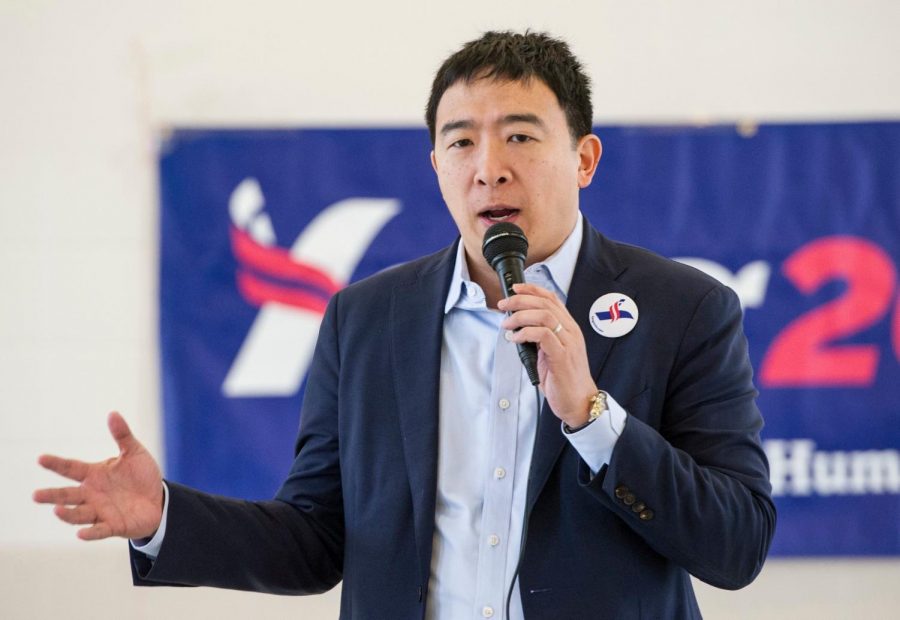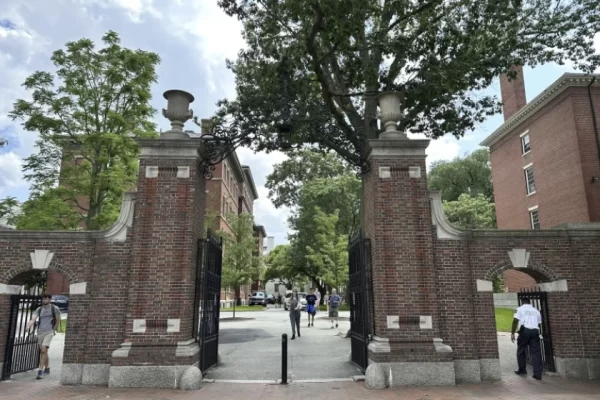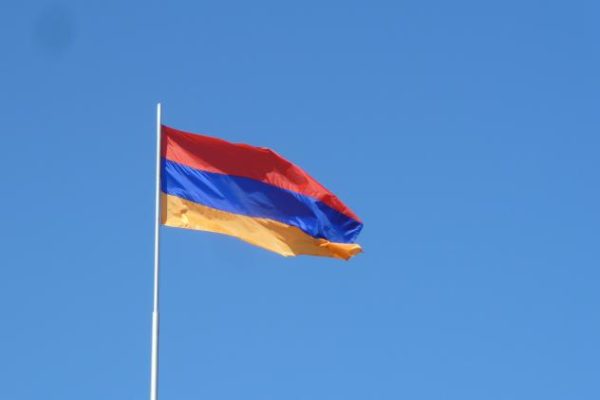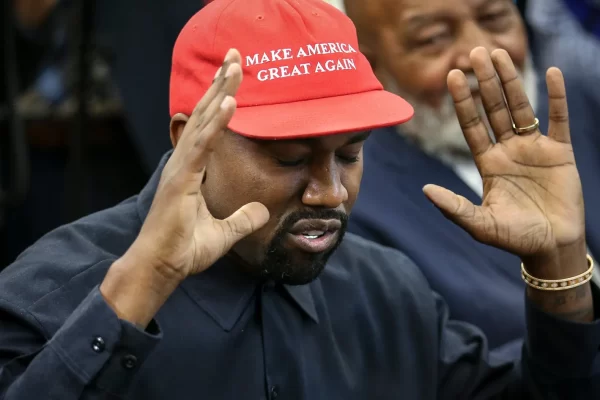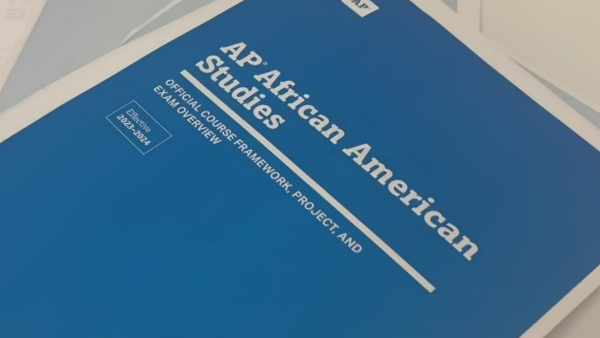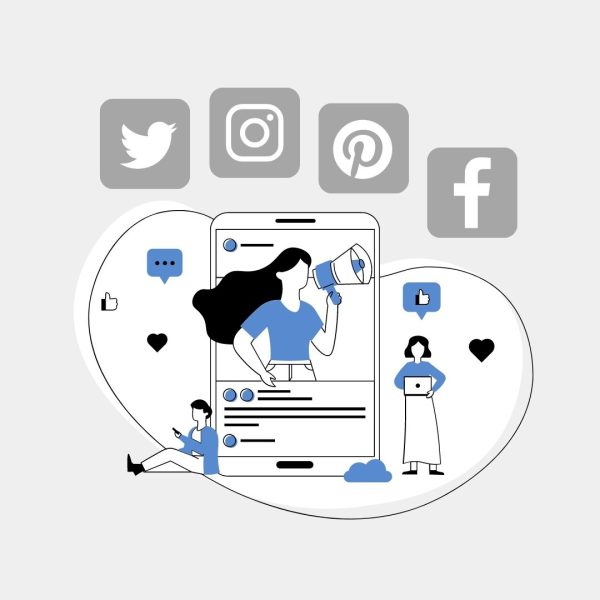Join The Conversation on Universal Basic Income
Photo courtesy Rolling Stone
Andrew Yang, a 2020 democratic presidential candidate, is Universal Basic Income’s staunchest supporter in the current US dialogue.
As the United States gears up for the 2020 Presidential Election, the idea of Universal Basic Income has gained significant traction, especially with the rise of Democratic candidate Andrew Yang. The idea is exciting, its plausibility is debatable, yet one thing stands true: everybody should know about it, and everybody should be talking about it.
Universal Basic Income (UBI) is a type of social security in which every citizen of a country is given a guaranteed certain amount of money without any testing or hoops to jump through. Democratic candidate Andrew Yang’s key platform is this concept. He proposes that the United States give $1000 a month to every citizen over the age of 18. This would hopefully combat job-loss caused by automation. Yang would impose a Value Added Tax (VAT): a 10% tax on the goods or services of businesses that benefit from automation. Not only would this VAT be essential because, as Yang puts it, “you cannot collect income tax from robots or software,” it would pay, in part, for the $1000 monthly check.
As Yang explains, businesses should support UBI because more money in the hands of Americans flows back into the economy. When consumers have money, they buy products; this only benefits businesses. The Roosevelt Institute projects that a Universal Basic Income economy could grow by approximately $2.5 trillion and create 4.5 million new jobs. However, other sources, such as Peter St. Onge from the Foundation for Economic Education, argue that UBI is a pipe dream. It is no question that UBI is widely debated among economic and political circles.
One argument against UBI is that a $1000 check would not incentivize labor. This argument is compelling, however the counterargument is that a $1000 check would actually allow for more creative, risky entrepreneurial endeavors. UBI could actually remove a major incentive for not working: unemployment benefits. Because Universal Basic Income could be given regardless of employment status, it removes the incentive to choose unemployment over work. Also, the incentivization of labor argue is flawed in that UBI is not a plan to be imposed when jobs are plentiful, it is quite the opposite; from Andrew Yang’s perspective, at least, it is a remedy for job loss caused by automation, when thousands of workers who want to be working will not be able to as machines take their job.
Critics of UBI also say that Americans don’t like to receive handouts. Yang recognizes the legitimacy of this argument. However, Yang argues that UBI wouldn’t really be a handout, but rather a dividend (he even calls the plan the “Freedom Dividend”). Investopedia defines a dividend as “the distribution of reward from a portion of company’s earnings and is paid to a class of its shareholders.” Andrew Yang explained on “The Joe Rogan Experience,” “It’s not money for nothing, you’re an owner and shareholder of the richest country in the history of the world. Just like when I buy Verizon or Microsoft, they send me a dividend, I don’t complain about that. You are now a shareholder in this great nation and you get a dividend.”
Universal Basic Income is already distributed in Alaska, which puts 25% of oil money into a permanent fund, and is given to residents in checks of roughly $1000 monthly. Yang argues that the oil of America today is technology; take money from the profitable industries, he argues, and distribute it to every American. In Alaska, they found that this UBI did not actually discourage employment (from a paper titled The Labor Market Impacts of Universal and Permanent Cash Transfers: Evidence from the Alaska Permanent Fund by Damon Jones and Ioana Marinescu).
Universal Basic Income is such a fascinating prospect because it does not fall into the traditional socialism-capitalism dichotomy. It is left-wing in the sense that it expands a safety net and adds a value-added tax, but it appeals to small-government right-wingers in that it takes power away from the government and returns it to individuals and communities. It seeks not to help one specific group in America, but rather every individual who “falls through the cracks” in the current system. It is an attempt at a solution.
The question of whether Universal Basic Income could work in America is a difficult one with no simple answer. However, I am hopeful that finding the answer will stimulate a vital and healing conversation in America. The 2016 election was defined by outlandish comments, scandals, corruption, and anger. Hopefully the 2020 election will be defined by solutions, and by the pursuit of understanding complicated but possible solutions like Universal Basic Income.

Grade: 12
What do you like to do in your free time? In my free time I like to read poetry and play basketball.
Why are you writing for The Flintridge...

